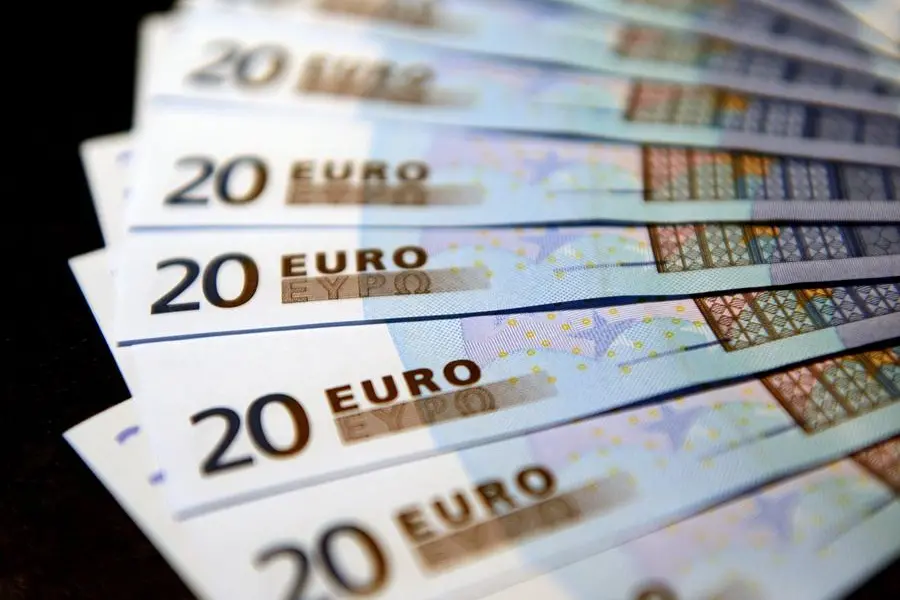PHOTO
French public-sector debt topped three trillion euros ($3.25 trillion) for the first time ever, statistics authority Insee said Friday as it presented data for the first three months of 2023.
Following a massive surge of borrowing to cushion the impact of the coronavirus and cost-of-living crises, the debt level reached 112.5 percent of annual GDP at 3.01 trillion euros by the end of March, far above the European Union's target of 60 percent.
The growing debt mountain and a credit downgrade by ratings agency Fitch have prompted Finance Minister Bruno Le Maire to vow to get public spending under control -- saving Paris this month from a similar step by Standard and Poor's.
At a seminar reviewing government spending last week, Le Maire announced "at least 10 billion euros of savings" already identified in areas including the health system and tax breaks for certain kinds of fuel.
Emmanuel Macron's government aims to reduce public debt to just over 108 percent of GDP by the end of the president's second term in 2027, as well as bringing annual deficits below the EU target of 3.0 percent.
By then ministers hope to have ended support for energy bills deployed following Russia's invasion of Ukraine, as well as to see benefits from Macron's bitterly contested reform to the pension system that has raised the minimum retirement age to 64.
But the government must also find resources for costly line items including the energy transition and boosting French defence capabilities.





















